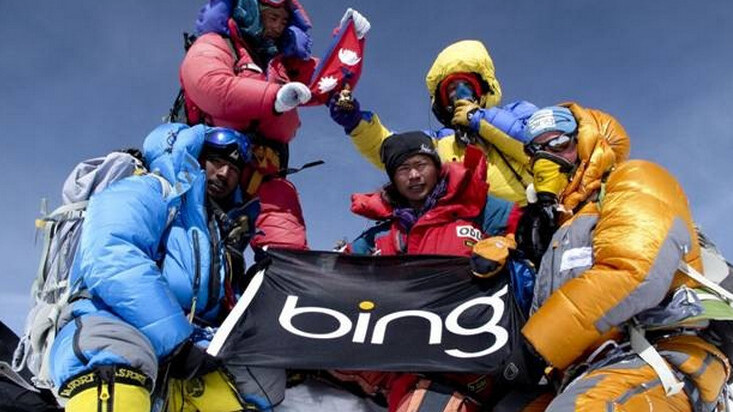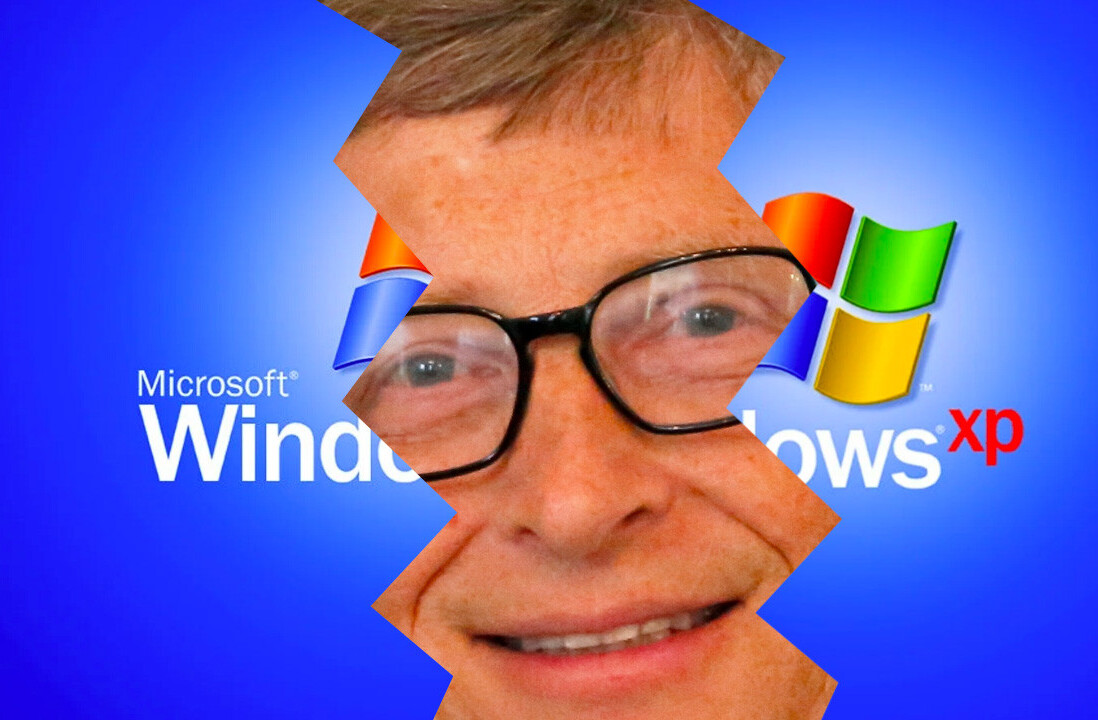
In a stunning move of corporate cooperation, Bing has teamed up with Facebook to deeply integrate the social giant into not just into its search results, but into its search algorithms, fundamentally changing the way it will create results.
According to Microsoft: “The best decisions are not just fueled by facts, they require the opinions and emotions of your friends. Search is now more than a fact finder — [In this update] we’re marrying fact-based search results with your friends’ street smarts to combine the best data on the Web with the opinions of the people you trust the most and the collective IQ of the Web.”
What follows is the feature list of what Bing and Facebook have created:
Trusted Friends: People say seeing their friends’ “likes” within search results could help them make better decisions.
- Improved “Liked” Results, Answers and Sites: Instantly see which stories, content and sites your Facebook friends have “liked,” from news stories, celebrities, movies, bands, brands and more. Bing shows the faces of up to three of your friends that like a search result, offering a visual, virtual seal of approval from your trusted social network.
- Personalized Results: Bing surfaces content your friends have “liked” from deep within search results to appear higher in the results. Because most people don’t go beyond page one of the results, they might be missing the best and most “socially relevant” information.
Collective IQ: It’s not just your friends that can help you out. There’s also value in the larger brain trust of the Web. Bing is tapping into the Collective IQ of people for online decision making aiding scenarios like when your friends don’t have the right expertise, or you may not even know exactly what you’re looking for. Because people trust people – and if your friends can’t help you decide, the rest of the Web can.
- Popular Sites: Bing shows collective “like” results related to trending topics, articles, and Facebook fan pages to find the most popular content. When you search for a recipe site, for example, you’ll see specific articles people have liked on that site to help you cut through the clutter and find recommendations from others – both your friends and the broader Facebook community.
- Social Messages: Bing not only shows you what your friends like and share online, but also what major brands and companies are saying.
Conversational Search: Many decisions require a discussion with your friends. By combining Facebook’s communication tools with Bing, search can become conversational – taking decision-making on Bing from a passive experience to an active dialogue.
- Expanded Facebook Profile Search: Now when searching for a specific person, Bing will provide a more in-depth bio snapshot, such as location, education, and employment details to help you find who you’re looking for more quickly.
- Bing Travel Wish List: You can compare trips with friends on Facebook, get their input, suggest new destinations for friends, and learn more about a destination on Bing Travel.
- Friends Who Live Here: Bing will show you which of your Facebook friends live or have lived in the city you’re traveling to, so you know exactly who to go to for travel tips.
- Flight Deals: Bing will send you great deals on flights directly to your Facebook feed, for cities you’ve liked on Bing Travel.
- Shared Shopping Lists: You can build a shopping list and share, compare and discuss it with your friends on Facebook.
Updated Bing Bar: The Bing Bar now includes a universal “like” button enabling you to like any site you visit.
Of course, this is a new chapter for Bing. By tapping into Facebook’s social graph, the number two global search engine is betting that users will want to navigate the web with a little help from their friends.
Will it help Bing pick up market share in a Google world? Possibly. Instead of trying to beat Google at its own game, Microsoft is flexing its relationship with Facebook (of which it owns a part) to take a different path.
If Microsoft can convince the Facebooking hordes that searching with their friends is the way to go, then it might have a shot to boost its growth. It is now up to Google to make a move, will it stick with its own social strategy, or will it head over as well and talk to Mark Zuckerberg?
You can find 113 images of the partnership in action here. You can watch video of the new features here. You can nab the fact sheet here. You can find the whole press kit here.
Get the TNW newsletter
Get the most important tech news in your inbox each week.




